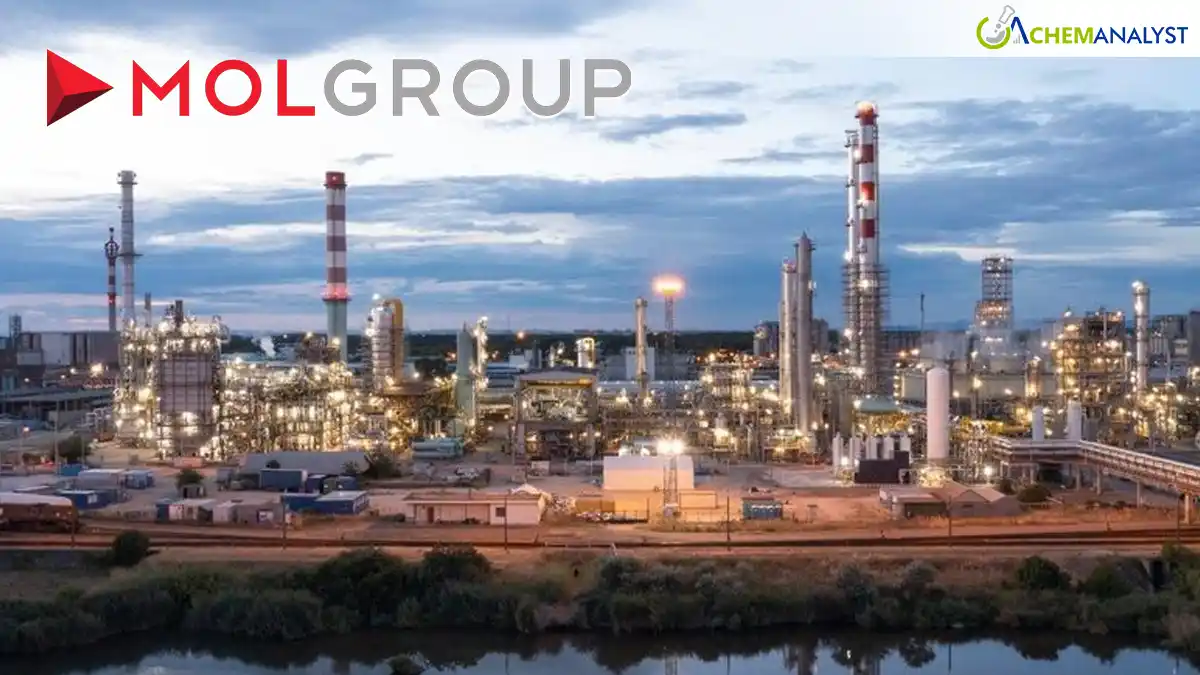Welcome To ChemAnalyst

MOL completes first test run at Hungary pyrolysis plant, advancing recycling capacity and circular economy ambitions in Central and Eastern Europe.
MOL Group has achieved a significant milestone by completing the initial production test at its pyrolysis-based chemical recycling plant in Tiszaújváros, Hungary. The Hungarian oil and gas company successfully transformed post-consumer plastic waste into polyethylene (PE) and polypropylene (PP) at its International Sustainability and Carbon Certification (ISCC) Plus-certified petrochemicals facility. The certification, which covers MOL’s steam cracker and polymerisation units at the site, was granted in 2024.
Although the company has not disclosed the yield or exact production volume from this first run, MOL underscored the importance of the achievement. “This successful test shows that MOL Group can now process circular feedstocks according to ISCC Plus-certified processes, turning plastic waste into new, high-value products,” said Péter Császár, Senior Vice President of MOL Group Chemicals. He emphasized that this progress represents a crucial step in advancing sustainable petrochemical production and consolidates MOL’s role as a leading player in the circular economy across Central and Eastern Europe.
The plant incorporates cutting-edge pyrolysis technology developed by Lummus, with the capacity to process 40,000 tonnes of mixed plastic waste annually. This collaboration was announced in 2023 as part of a broader plan to establish chemical recycling units across MOL’s assets in Hungary and Slovakia. By July 2024, Lummus had already started the design phase of the Hungary-based facility. Notably, the plant features a fully electric pyrolysis reactor, ensuring zero direct scope one emissions during normal operations—a significant advancement in reducing environmental impact.
MOL Group’s efforts in plastics recycling extend beyond this plant. The company has strategically invested in recycling businesses over the past few years. It acquired German recycled plastics compounder Aurora Kunststoffe and, in 2022, Hungarian recycler ReMat Zrt. ReMat operates production plants in Tiszaújváros and Rakamaz, Hungary, along with a logistics hub in Bratislava, Slovakia. Combined, these companies provide an annual production capacity of around 40,000 tonnes, enabling MOL to supply sustainable compounds for industries such as automotive, construction, packaging, and building materials.
Additionally, MOL entered a strategic partnership with Germany’s APK, known for its innovative solvent-based Newcycling technology, which can recover high-quality polymers from complex plastic waste streams. Through such initiatives, MOL aims to develop a recycled plastics production portfolio exceeding 100,000 tonnes annually. This ambition aligns with its broader goal of becoming a central force in the circular economy across Central and Eastern Europe, demonstrating its commitment to sustainability and innovation in petrochemicals.
We use cookies to deliver the best possible experience on our website. To learn more, visit our Privacy Policy. By continuing to use this site or by closing this box, you consent to our use of cookies. More info.
